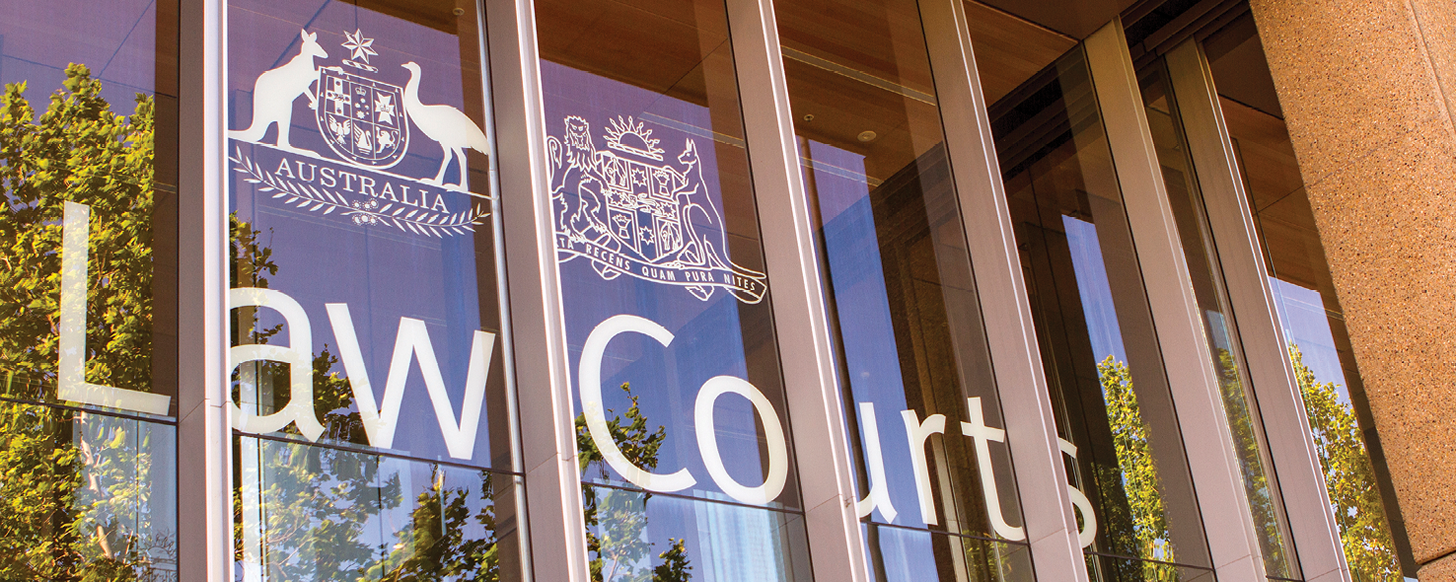The Full Court of the Federal Court handed down a significant decision in November 2016 that reaffirmed the unfair dismissal rights of IEU members, and other workers engaged in child related work throughout NSW.
In the May 2016 edition of Newsmonth the Union reported on the approach of Sydney Catholic Schools (SCS – the employer formerly known as Sydney Catholic Education Office) to employees who were charged with criminal offences prescribed by the Child Protection (Working with Children) Act 2012.
As foreshadowed, SCS brought an application asking the Federal Court of Australia to declare that SCS was required by the CP(WWC) Act to immediately dismiss any member against whom a prescribed charge was brought. The Full Court of the Federal Court declined to make such a declaration.
In accepting the Union’s submissions on the point, the Federal Court found that, even if there existed a legislative requirement to dismiss, there was still a termination at the employer’s initiative and an employee was then entitled to seek redress by way of an unfair dismissal application to the Fair Work Commission.
While the Court declined to decide whether the CP(WWC) Act contains a legislative to dismiss, the Full Bench of the Fair Work Commission has previously agreed with the Union that the CP(WWC) Act does not require the dismissal of an employee pending the determination of a prescribed charge.
Where an employer elects to dismiss an employee in such circumstances, the employee clearly can commence unfair dismissal proceedings before the Fair Work Commission. School employers need to take reasonable steps to allow members to defend themselves, and courts to determine charges before moving to dismissal.
Meanwhile . . .
Before the Federal Court matter was heard, let alone decided, SCS dismissed yet another teacher facing prescribed charges (completely unrelated to children), despite the Union urging it to first allow the member to defend the charges.
The local court has since dismissed both charges, with the magistrate noting that, on the evidence before him, he considered the decision by SCS to dismiss the member as “not only extraordinarily harsh but manifestly unjust”. When confronted with the magistrate’s words the response from SCS to the member was that “it is a matter for the Fair Work Commission and not the Local Court to decide whether the dismissal of [the IEU member] was unfair… and whether or not reinstatement …is appropriate in the circumstances”.
This is particularly galling when SCS itself refused to wait for the local court to determine the criminal charges. Even more galling, is the apparent differential treatment by SCS of employees who acted as witnesses; the parade of witnesses required by the prosecution were granted paid leave to both attend court and also to recover from the ordeal on the following day.
By contrast, employees who agreed to act as defence witnesses were not offered such additional leave and, in one case, were only released from duty after protesting the inherent unfairness of the situation. While the Union obviously supports appropriate paid leave arrangements for any employee required to attend court, it’s disappointing that SCS fails to extend such accommodations equally to those who would speak to the innocence of the accused.
At the time of writing, the Union continues to assist that member with his unfair dismissal application, although SCS continues to press a different jurisdictional objection.



































































































































